DHAKA, March 8: Bangladesh’s state-owned oil company will post a record net loss of nearly $1 billion in the current fiscal year due to sky-rocketing global crude oil prices, its chairman said on Saturday.
The Bangladesh Petroleum Corp (BPC), the nation’s monopoly oil importer and distributor, sells fuel at prices set by the government that do not reflect the purchase cost.
“With oil prices now above $100 a barrel, losses will be huge in coming days. We expect our total losses this fiscal year (to June) will be around 65 billion taka ($950 million),” BPC chairman Anwarul Karim said.
The loss will be almost double that of last year, he said.
BPC is racking up a loss of 35 cents for each litre of diesel it sells, he added. Diesel is the main fuel used for vehicles in the impoverished nation, which has no domestic oil fields.
Global oil prices hit a record high of $106.54 per barrel on Friday.
In April, when Bangladesh’s military-backed government last raised fuel prices by as much as 21 per cent, world crude was trading in the range of $60 to $65 a barrel.
“The government has already promised to give $100 million as a subsidy while we are going to borrow another $500 million from international banks to meet the growing import costs,” Karim said.
Last year, BPC posted a loss of about $500 million after the government kept local prices low in order to control soaring inflation, the company said.
Inflation accelerated to double-digit levels in August 2007 and has shown no signs of slowing, prompting the government to delay fuel price hikes despite pressure from multilateral aid agencies.
M. Tamim, a special aide to the head of the government, ruled out any rise in fuel prices until after the dry season since farmers rely on diesel to pump underground water for irrigation.
The company’s forecast came after the Asian Development Bank (ADB) last week said the “underpricing of energy products poses a considerable risk” to the management of the country’s economy.The bank, one of the country’s top lenders, said the government was subsidising diesel and kerosene prices by about $1.2 billion a year.
The bank estimated BPC’s debts to domestic and international banks at about $1.3 billion, adding that if it failed to repay on time, the government would have to shoulder the burden “with future fiscal implications.”
Bangladesh imported 3.8 million tons of mostly refined oil during the last financial year at a cost of over $2 billion.
BPC said the fuel import costs this year would hit more than $3 billion, accounting for 18 per cent of the country’s annual overall import bill.
The South Asian country is one of the world’s poorest, with nearly half its 144 million population surviving on less than a dollar a day.—AFP


















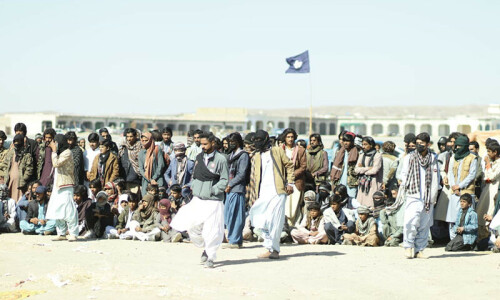

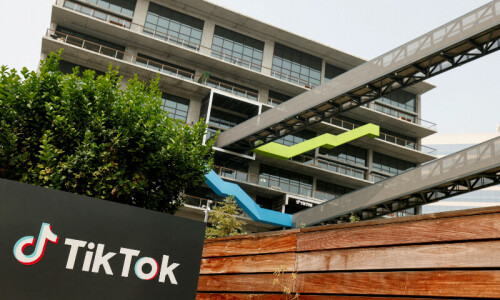














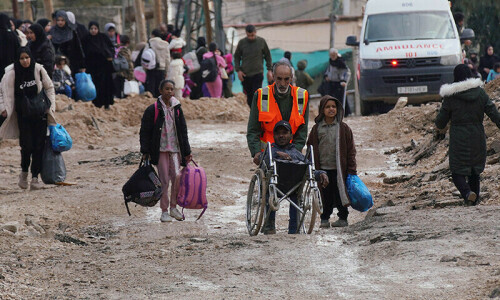




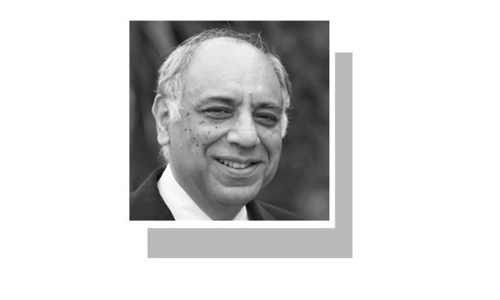



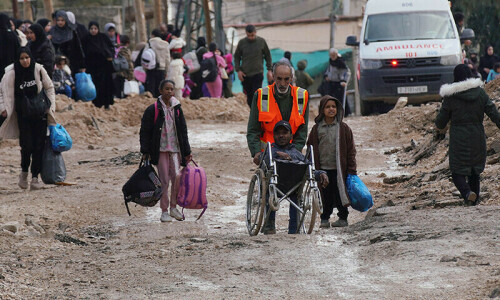





Dear visitor, the comments section is undergoing an overhaul and will return soon.